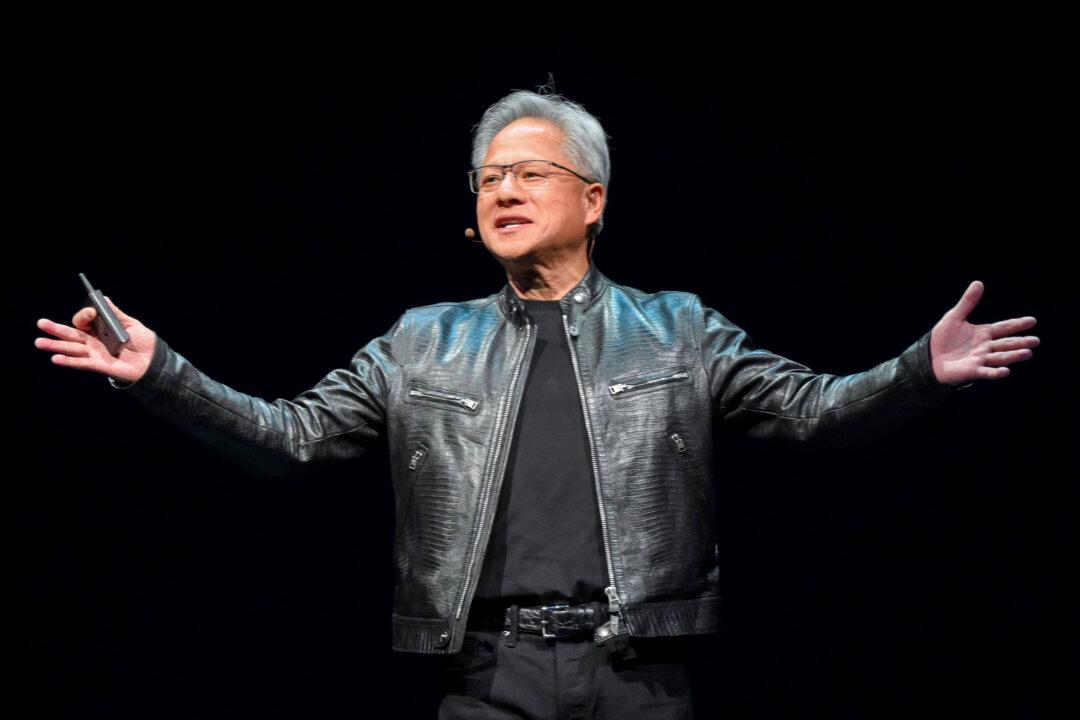Divorces among China’s wealthy have been in the headlines this year, with at least 10 A-share listed company executives filing to end their marriages, resulting in significant amounts of shares changing hands during divorce settlements.
The latest related divorce was made public on Sept. 15, when Sichuan Guoguang Agrochemical Co., Ltd. announced that chairman Yan Yaqi and his wife Hu Lixia had completed divorce procedures after “friendly negotiations.” They also made relevant arrangements for dividing shares among themselves, along with other matters.





